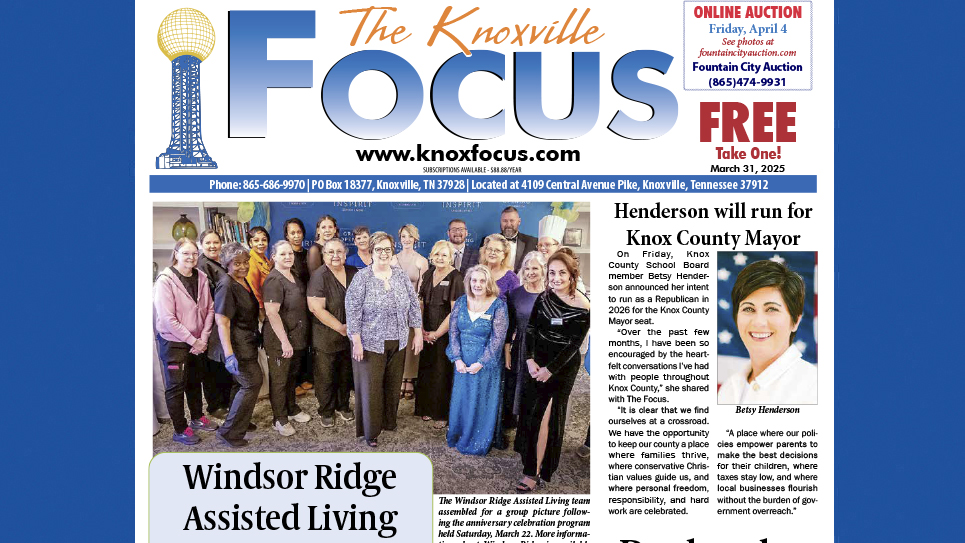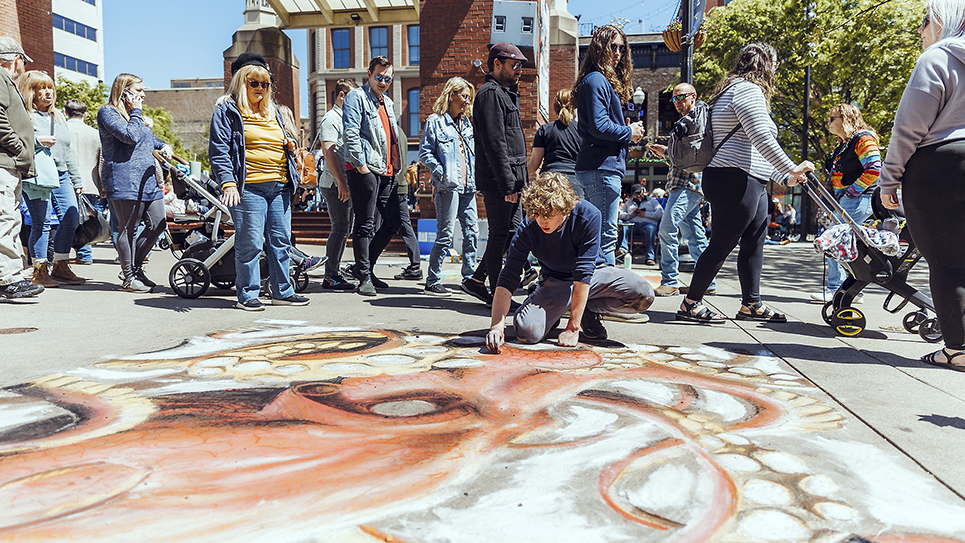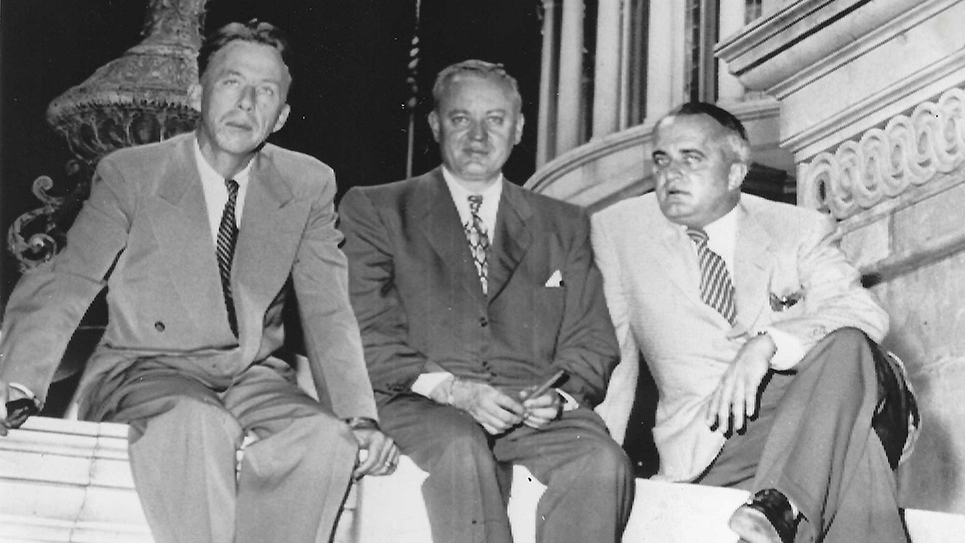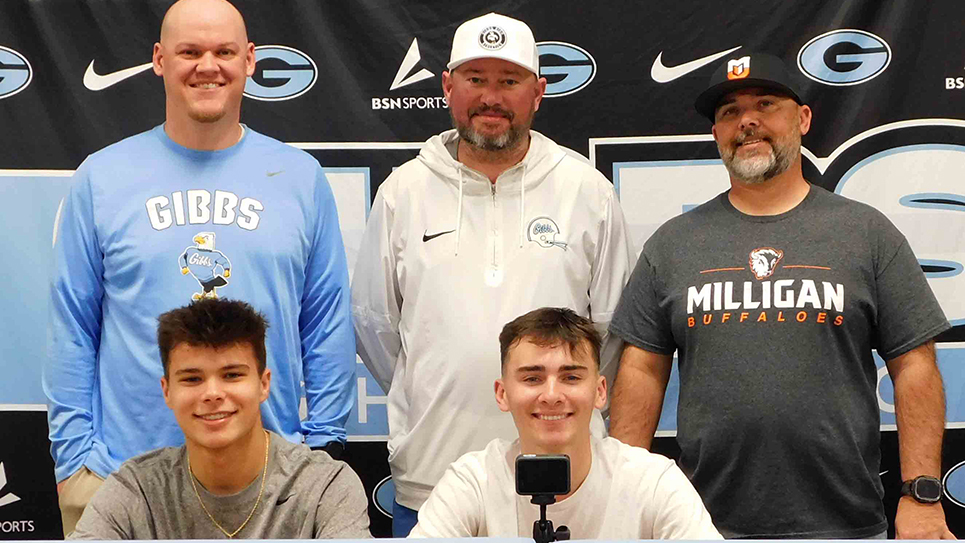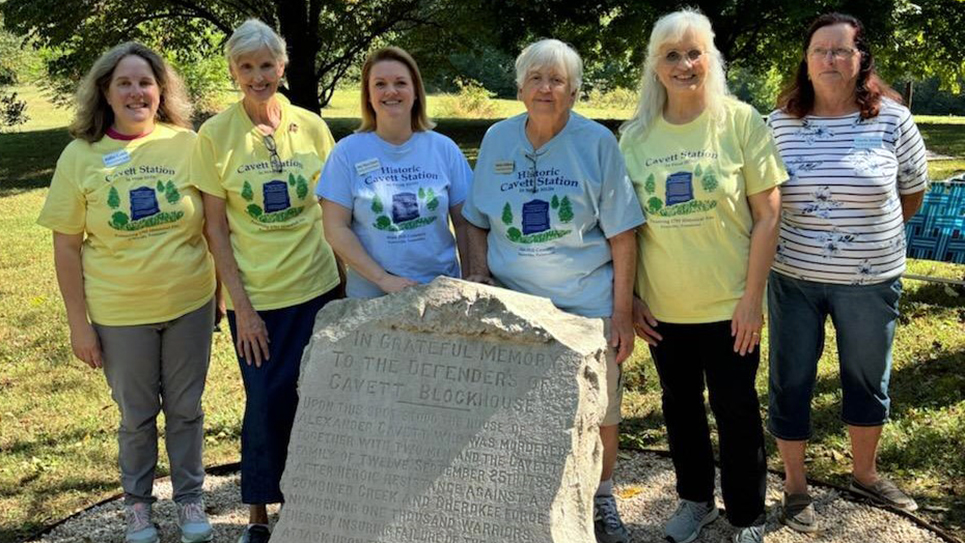MLK and the 14th Street Bridge incident
By Mike Steely
When Dr. Martin Luther King Jr. was killed I was stationed in Washington, D.C., at Coast Guard HQ. The evening after his death many towns erupted with demonstrations, violence and theft. Being one of the petty officers attached there I was stationed between the outside and inside doors of the headquarters on Pennsylvania Avenue that evening and night. There were three of us there at the head of the stairs between locked doors.
Only one other Coast Guardsman was present, a lieutenant who was assigned as “Officer of the Day.” The lieutenant stayed inside the building and checked on us now and then.
The three of us stood, in dress uniforms and with unloaded M-1 rifles, and watched the city burn. Looters of all races passed by outside carrying radios, televisions and other merchandise. Some pushed shopping carts full of stolen items.
None of the rioters or looters tried to get into Coast Guard headquarters where we stayed until the sun rose and we were dismissed. The three of us and the officer left headquarters and each drove toward the 14th Street Bridge. The two other petty officers led our line, the officer was third and I was the last car to approach the National Guard soldier guarding a barricade at the bridge. We all lived in Northern Virginia and were all in uniform.
The young soldier spoke briefly with the other two Coast Guardsmen and waved them on through. The guard then spoke to our officer and turned him back into D.C.
I pulled up to the young soldier and asked him why our officer was turned back into the city. He said they were instructed to not let any Black faces over the bridge.
The Officer of the Day was an African American. He went back to headquarters, waited until that afternoon, and was finally allowed to cross the river and drive home.
That incident and other events changed my mind about why people should treat each other equally. I am today totally different in such attitudes than the way I was raised.

